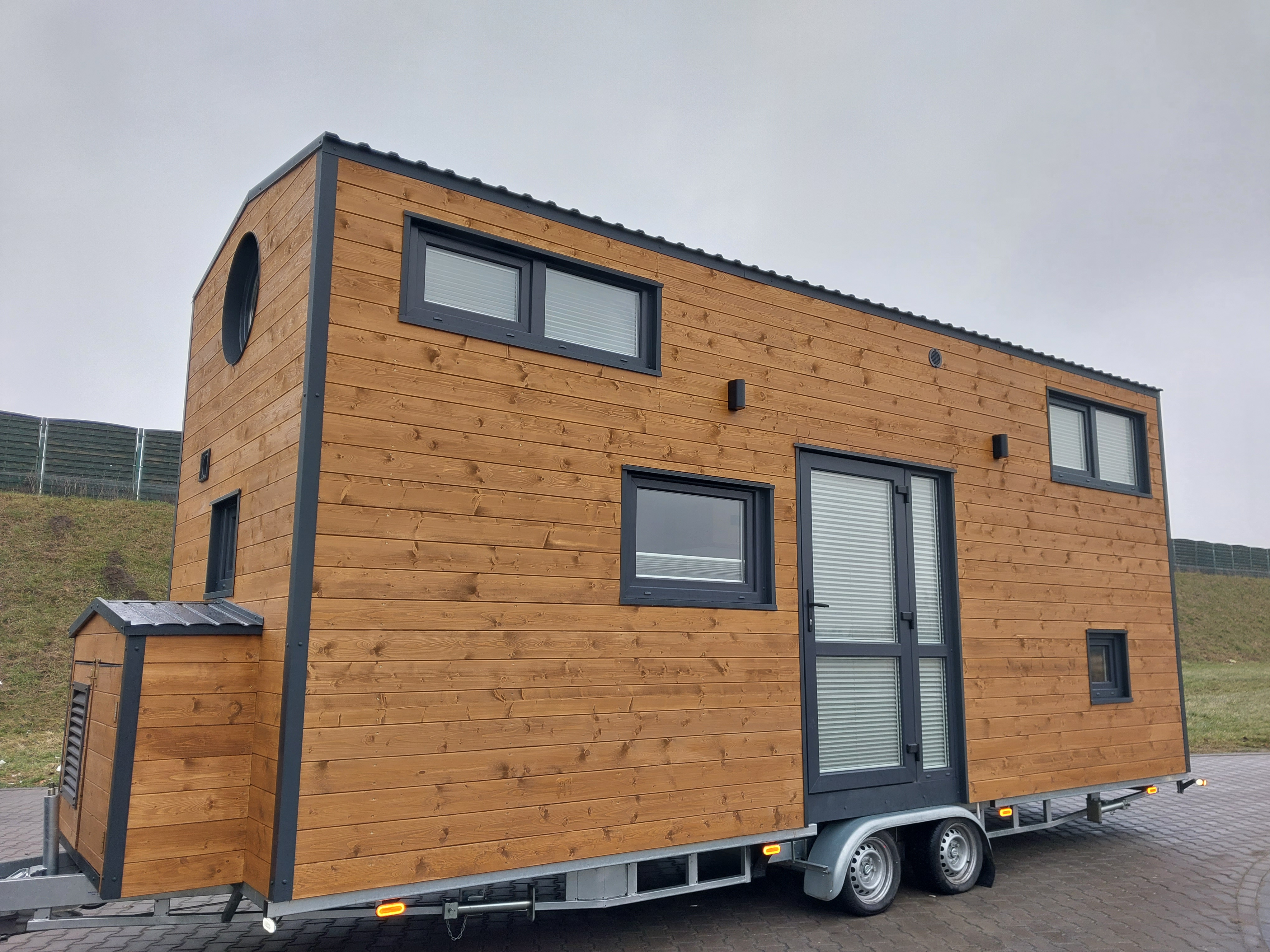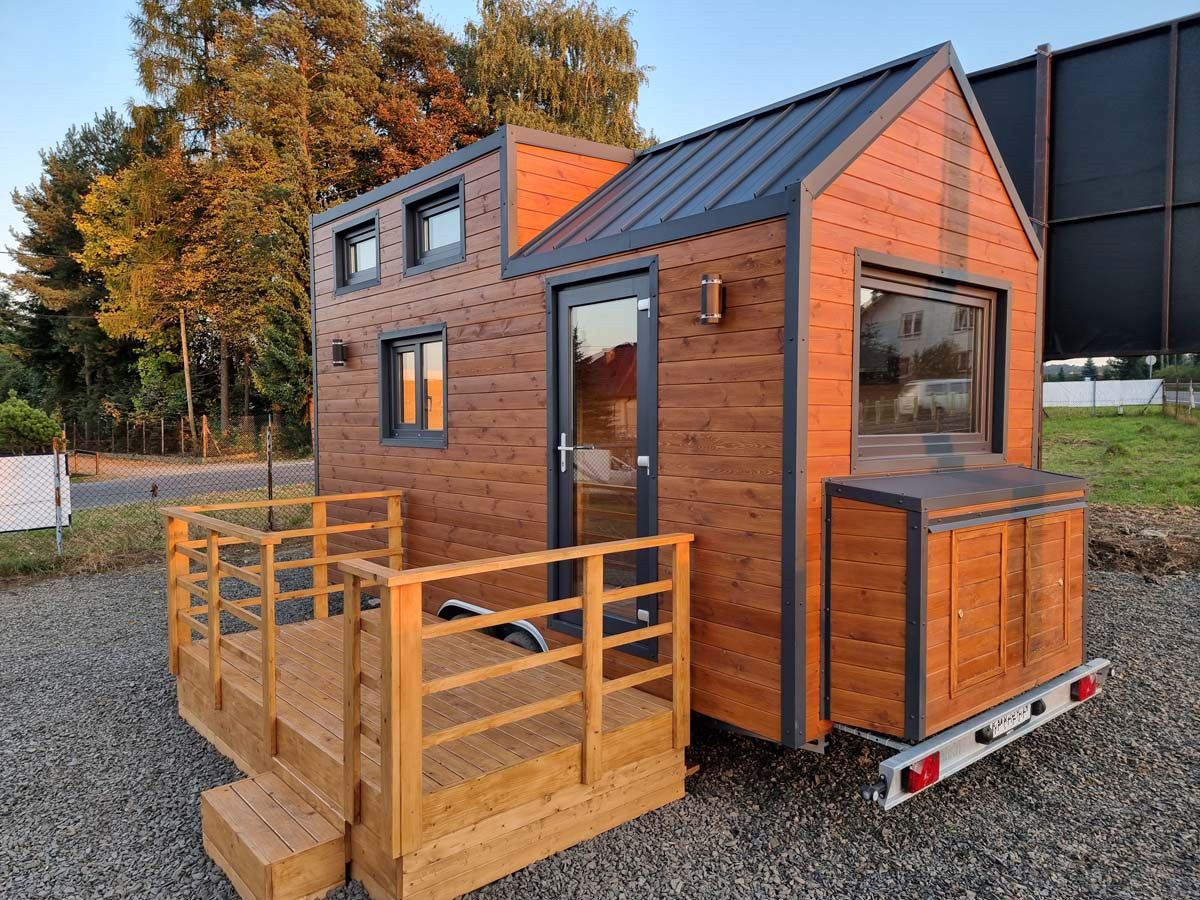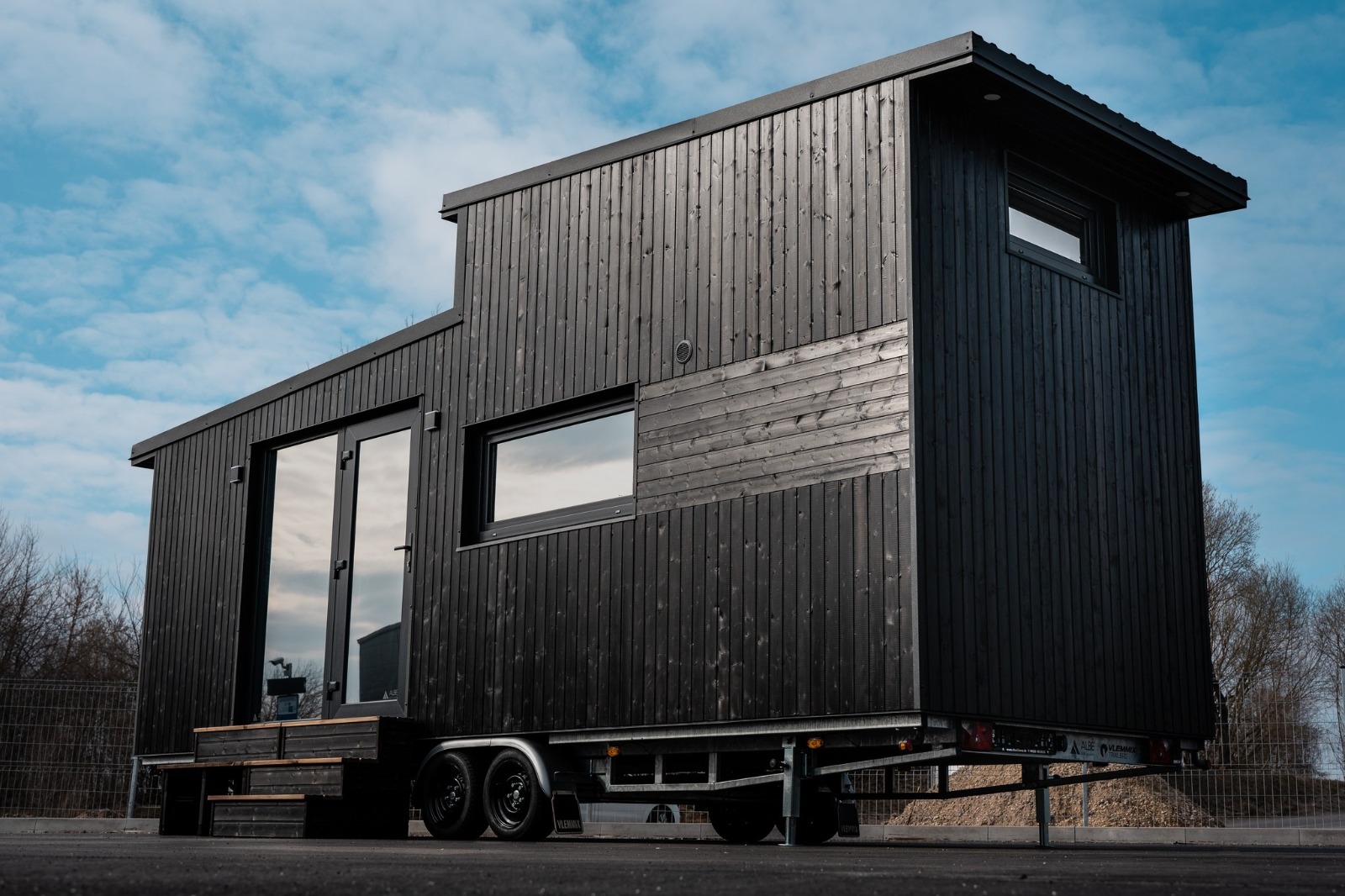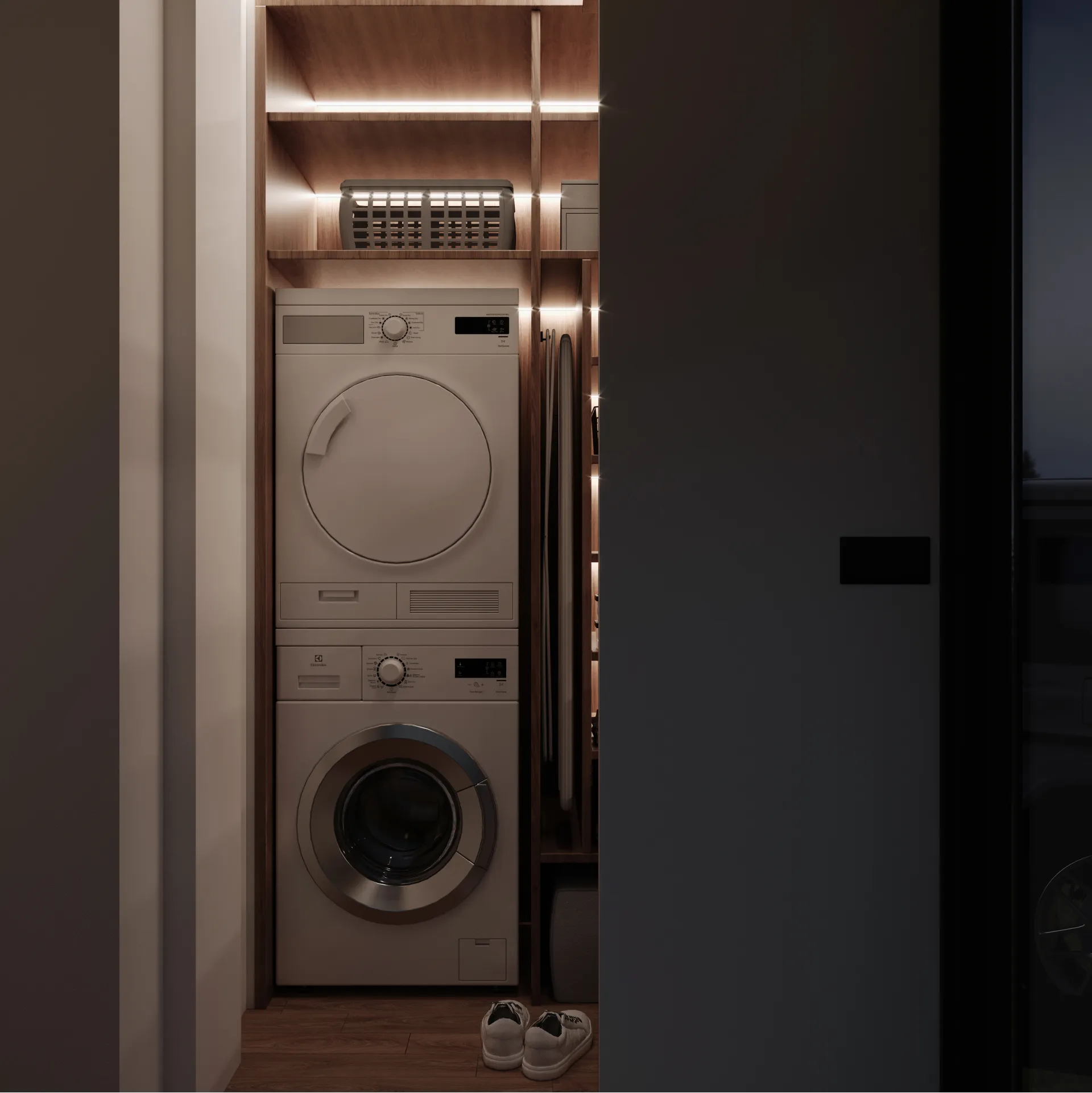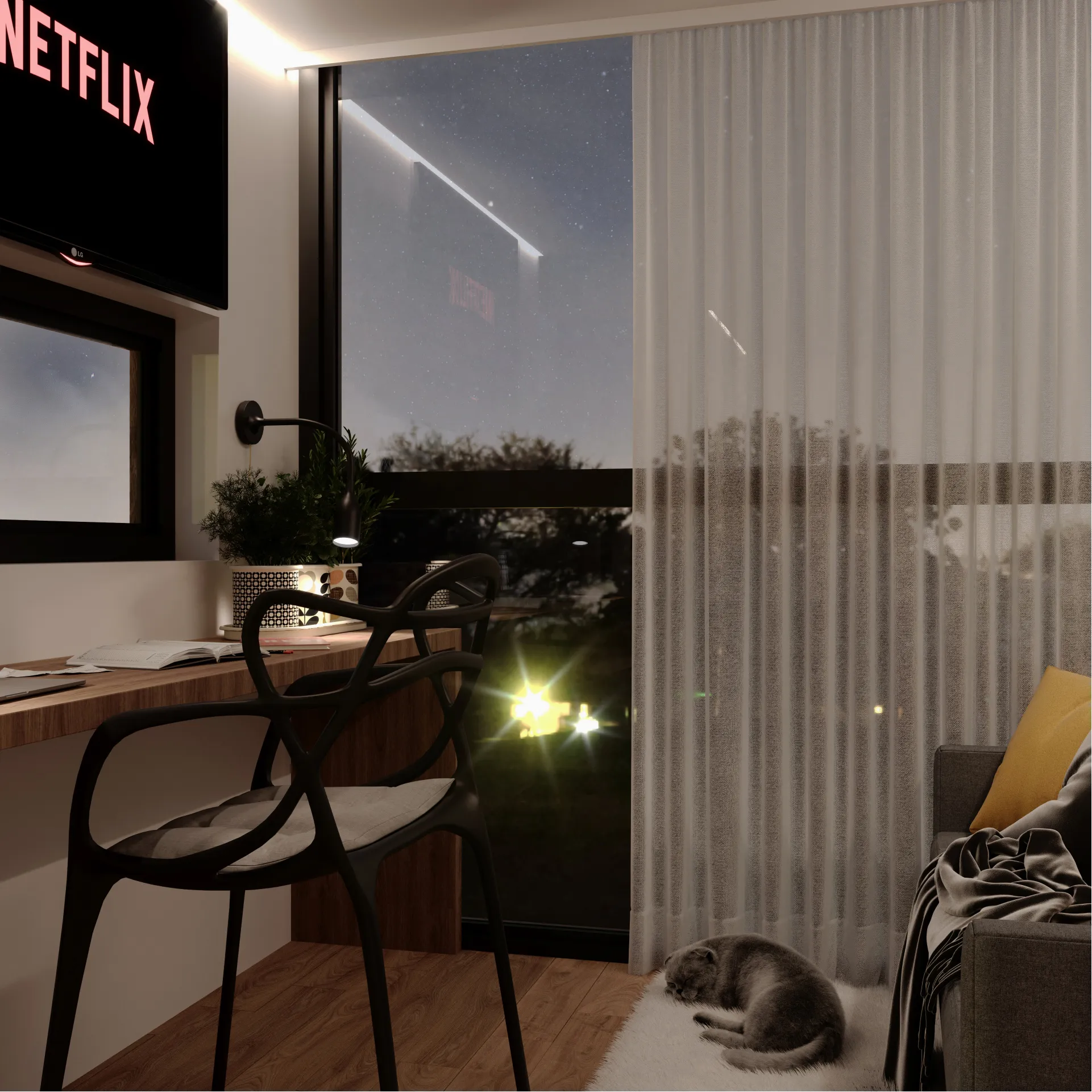24/03/2024
Legally compliant planning and realisation: Everything you need to know about the legal aspects of modular construction
Permits and Regulatory Compliance
Regulations and Building Permits
Applying for and obtaining a building permit for a modular home differs in some aspects from that for conventional houses. While conventional construction projects often require detailed building plans, standardized plans can be used for modular homes, expediting the approval process. However, specific requirements tailored to the construction and use of the modular home must still be met. These include aspects such as fire protection, structural integrity, and energy efficiency, which must be clarified in close consultation with the relevant building authorities.
Additional Permits
In addition to the building permit, other regulatory approvals may be required to fully develop and operationalize the modular home. This includes permits for site development, such as the construction of driveways or parking lots, as well as approvals for utility connections such as electricity, water, and sewage. These additional permits are necessary to ensure that the modular home is properly connected to all required infrastructures and complies with applicable regulations. Early clarification of these issues is crucial to avoid delays in the construction process and to successfully execute the project.
Contracts and Legal Framework
Purchase Agreement
The purchase agreement for a modular home should be carefully reviewed to clarify all relevant aspects such as scope of delivery, payment terms, and warranty periods. It is particularly important to document the exact specifications of the modular home to avoid misunderstandings. The provisions regarding handover and acceptance of the house should also be clearly defined to prevent future disputes. It is recommended to have the purchase agreement reviewed by an experienced attorney to avoid legal pitfalls and protect the interests of all parties involved.
Construction Contract
When collaborating with a construction company, the legal framework should be outlined in the construction contract. This includes, among other things, performance obligations, liability issues, and deadlines. It is important that the construction contract contains all important details of the construction project and clearly defines which work will be carried out by the construction company. Additionally, provisions for quality assurance, acceptance of services provided, and any necessary rectifications should be agreed upon. A well-drafted construction contract forms the basis for successful collaboration and minimizes the risk of disputes during the construction process.
Utility Connections and Infrastructure
Electricity, Water, Sewage
The connection of a modular home to public utility networks requires careful planning and coordination with the respective utility companies to meet all requirements. This involves not only technical considerations but also compliance with legal regulations and obtaining necessary approvals. It is advisable to establish early contact with utility companies and clarify all necessary steps for connecting the modular home. Additionally, the possibility of alternative supply options such as solar panels or rainwater harvesting should be considered to promote project sustainability.
Telecommunication and Internet
Setting up telephone, internet, and TV in the modular home should be planned early to ensure smooth operation. This includes not only technical implementation but also legal aspects such as contracts with telecommunication providers. It is recommended to compare different offers and arrange for the installation of required connections in a timely manner. Furthermore, the requirements for the network infrastructure in the modular home should be considered to ensure a reliable and high-performance internet connection. Effective planning and coordination of all media connections are crucial to ensure the comfort and functionality of the modular home.
Taxation of Modular Homes
Value Added Tax (VAT)
The VAT treatment of modular homes depends on various factors and should be clarified with a tax advisor in advance. Typically, the purchase of a modular home is subject to regular VAT, which is payable by the buyer. However, under certain conditions, there may be an opportunity to benefit from reduced VAT or even exemption. This may include factors such as the use as a permanent residence or compliance with specific energy standards. A thorough examination of the tax framework is therefore essential to maximize tax benefits and avoid potential risks.
Real Estate Transfer Tax
When purchasing a modular home, real estate transfer taxes may apply, the amount of which varies by state. The real estate transfer tax is levied on the purchase price of the land on which the modular home is built and is typically payable by the buyer. The amount of real estate transfer tax varies by state and can range from 3.5% to 6.5% of the purchase price. It is important to consider the tax aspects when buying a modular home and, if necessary, consult tax advisors or specialized attorneys in tax law to achieve optimal tax structuring and leverage potential tax benefits. Early clarification of these matters can help avoid unpleasant surprises and realistically plan the budget for the construction project.

